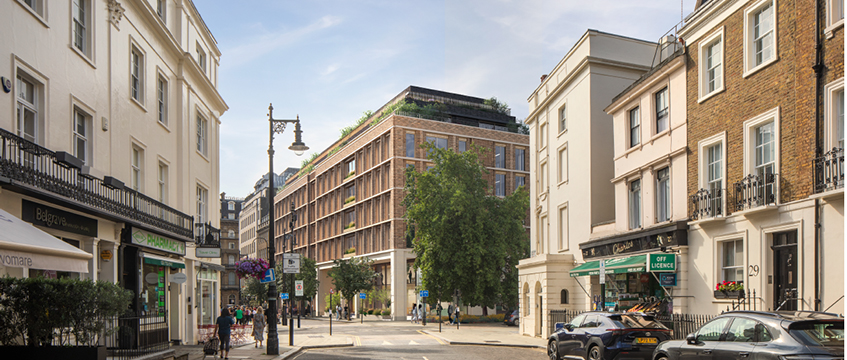Applicants seeking to modify or discharge restrictive covenants under section 84(1) of the Law of Property Act 1925 should obtain planning permission before making their application and provide evidence in support.
The Upper Tribunal (Lands Chamber) has considered a renewed application to discharge or modify restrictive covenants restricting alterations and the use of property in Naidu and another v Morton and others [2023] UKUT 185 (LC).
The application concerned a three-storey town house, at the upper end of a stepped terrace of three properties in Weybridge which was subject to restrictions contained in a 1989 Transfer.
The restrictions prevented any alteration to the external plan or elevation of the property and required it to be used only as a single private dwelling house. Trade, business or manufacture was prohibited.
In 2022 the applicants sought to discharge or modify the restrictions, before obtaining planning permission, to allow a side extension which would add 50% to the existing frontage and provide new rooms on all three levels.
The tribunal agreed that the restrictions impeded a reasonable use of the land under section 84(1)(aa) of the 1925 Act but they secured practical benefits to Valerie Morton, an objector, whose property benefitted from structural support from the retaining walls in the applicants’ garden which would need to be rebuilt as part of the extension works.
Given the controls in the planning system to mitigate the impact of proposed development on neighbours the benefit to Morton was not substantial but the tribunal declined to exercise its discretion to modify or discharge the covenants before the proposed works had been scrutinised as part of the planning process.
The applicants obtained planning permission for the side extension in September 2022 and renewed their application.
The works required part of the garden and retaining wall to be taken back and a new retaining wall built.
Morton had received informal advice that if followed the plans should ensure her property would be unaffected by the works. Consequently, the tribunal was satisfied that no monetary compensation was required.
The tribunal refused the application to modify the building restriction under (a) because there was no change in the character of the neighbourhood or other material circumstances to suggest that the restriction was obsolete.
The application to modify the business restriction under (aa) failed because there were no details of the planned business activity on which the tribunal could make a decision. There was no objection to the applicants continuing to work from home as they had been doing whether for themselves or an employer.
Louise Clark is a property law consultant and mediator







